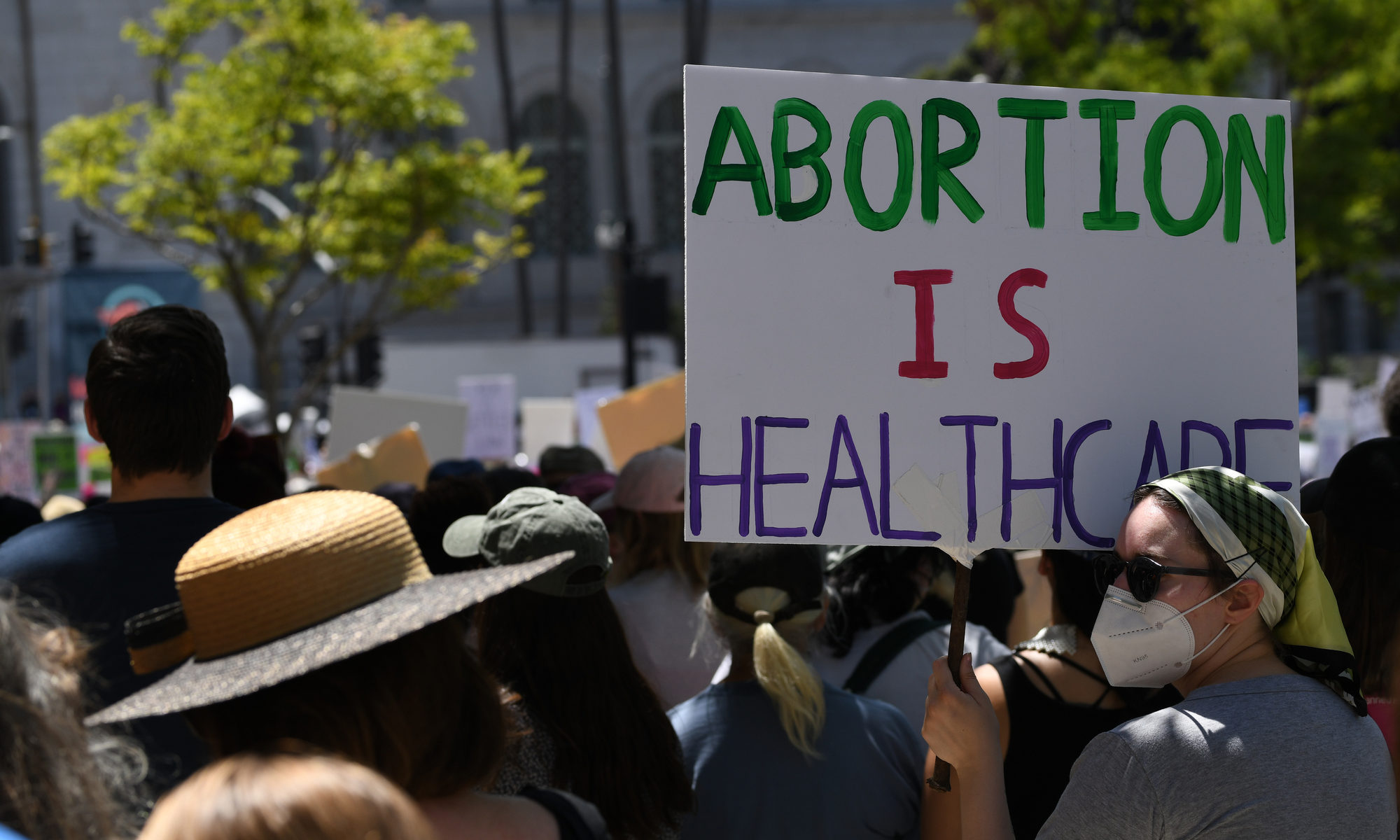The Supreme Court’s decision to overturn Roe v. Wade has raised numerous legal and moral questions. Making access to abortion an issue to be decided by individual states has already become a complicated legal matter, as some state courts have challenged so-called “trigger laws” – laws meant to make abortion illegal the second the Supreme Court decision came into effect. Many states had already made their intentions clear with regard to access to abortions when the draft Supreme Court memo was initially leaked back in May, and many other groups and corporations have weighed in on where they stand on the issue.
There is ample evidence that the Supreme Court’s decision harms American women (e.g., see from this thread alone: [1], [2], [3], [4], [5], [6], [7], [8]). Overturning Roe has been derided as massively regressive by many, and is opposed by a significant majority of the American people.
In light of all the immensely important issues at play, the question, “what is the role of corporations in all this?” might seem trivial. Perhaps somewhat surprisingly, however, numerous companies have announced recently that they would fully or partially reimburse the expenses of their employees should they require out-of-state travel in order to undergo an abortion. These decisions raise a lot of interesting questions, but I’ll pose just two here.
First, we can ask whether corporations have any moral obligation to provide so-called “abortion travel coverage” for their employees. Second, we can ask what it says about the functioning of a democracy when corporations step-in to help rectify a harmful and unpopular mistake made by the Supreme Court.
Let’s start with the first question first. There are, of course, evergreen questions about whether corporations have moral obligations at all, and if so, to whom and to what extent. Even assuming that they do, one might still think that corporations don’t have any specific obligation to help their employees avoid what they perceive to be unjust state laws, while also recognizing how such actions could result in the prevention of significant harm. In this way, providing abortion travel coverage may be seen as supererogatory – actions that are good but not strictly-speaking required, in that they go above and beyond the call of duty.
Some companies, however, see the provision of abortion travel coverage as being part of their agreement to provide access to health care to their employees. For example, a statement from Gap Inc. notes that part of their “mental health and family planning benefits…include coverage of adoptions, surrogacy, fertility treatments, paid parental leave, contraception, and abortion.” Similarly, a statement from Disney notes that abortion travel coverage is part of coverage that the company provides for other types of medical procedure:
In fact, we have processes in place so that an employee who may be unable to access care in one location has affordable coverage for receiving similar levels of care in another location. This travel benefit covers medical situations related to cancer treatments, transplants, rare disease treatment and family planning (including pregnancy-related decisions).
In these cases, companies may see the obligation to provide abortion travel coverage as nothing beyond the fulfilling of a contract to provide medical coverage that it has made to its employees.
Other companies have taken a different stance. For instance, Yelp CEO Jeremy Stoppelman wrote in a recent statement that “[r]emaining silent on the issue of reproductive rights flies in the face of any public pledges professing a desire to create more diverse and inclusive companies” and that what is needed are “more business leaders to use their platform and influence to help ensure that reproductive rights are codified into law, and that the wave of abortion bans and restrictive policies across the country are not allowed to stand.” Stoppelman’s argument thus points toward a moral obligation on the part of companies: as major corporations have power, influence, and the potential to impact policy, they have a responsibility to act in the face of unjust decisions.
We are then led to the second question: what does it mean for the state of a democracy that corporations can (and potentially ought) to take actions that can help citizens side-step unjust laws?
Of course, it is not as if corporations haven’t influenced laws and policy decisions in the past. But this influence is typically lamented as being bad for a well-functioning democracy – i.e., corporate money financing and influencing political policies in ways that are beneficial to shareholders and detrimental to everyone else – not as a potential force for good.
We’ve seen already that the Supreme Court’s decision is not reflective of the view of the majority of Americans, by a large margin. Providing employees with the ability to travel out of state for an abortion can thus help restore a right that has unjustly been taken away, even if such a right is only restored in a practical sense. If the Supreme Court decision represents a failure of democracy, as some critics have argued, perhaps the actions of corporations can help counteract it.
I put forth that consideration while fully admitting that I don’t know what to do with it. It represents an oddly-shaped band-aid to a structural problem of U.S. democracy. But it’s one that might have to do for now, until real change can occur.












